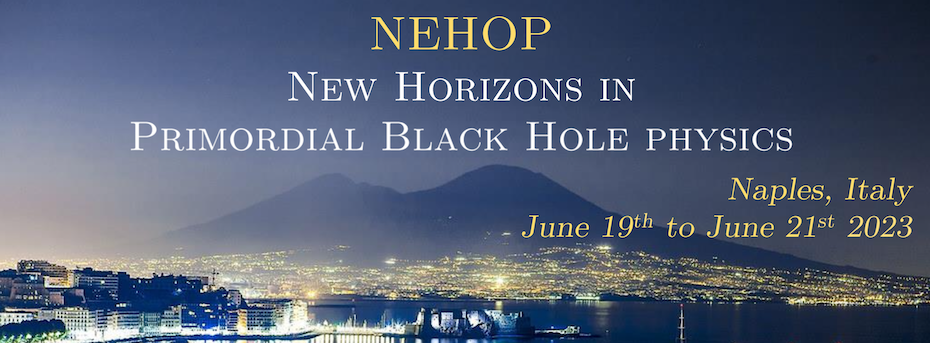Speaker
Description
Formed in the earliest second of the universe, a galactic halo population of Primordial black holes (PBH) are a simple solution to the dark matter (DM) problem. A halo population of PBHs in the Milky Way may be detected on Earth using small-scale gravitational lensing, or ‘microlensing’.Several decades of microlensing research have gone into constraining the potential range of PBHs and their contribution to halo DM. High cadence galactic imaging allows the last potential mass range, the asteroid-mass PBHs, to be investigated as DM. A new research effort determines whether low-mass Primordial Black Holes (PBHs) contribute to the halo DM by pointed imaging of the LMC with 1 minute cadence DECam observations.
Along with providing additional DM density constraints in the asteroid-mass regime from the LMC observations, a prototype project will also be presented in the talk. By forcing a constant tracking rate with DECam, LMC stars appear as miniature drift scans on every exposure, and each drift may be considered as a series of individual 2 second samples of a star. The initial results for the prototype extraction method to combine stellar drifts into an effective light curve of cadence 2 seconds will be presented, with the aim to detect the shortest possible microlensing signals arising from very low-mass PBHs in the galactic dark halo.

